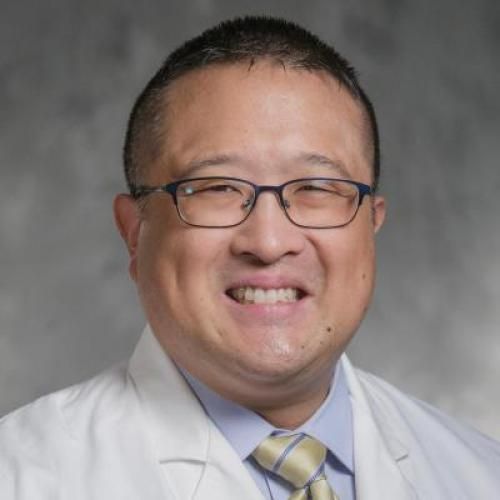
Resident workload, pager communications, and quality of care.
With the recent regulations limiting resident work hours, it has become more important to understand how residents spend their time. The volume and content of the pages they receive provide a valuable source of information that give insight into their workload and help identify inefficiencies in hospital communication. We hypothesized that above a certain workload threshold, paging data would suggest breakdowns in communication and implications for quality of care. All pages sent to six general surgery interns at the University of Michigan over the course of one academic year (7/1/2008-6/30/2009) were retrospectively categorized by sender type, message type, message modifier, and message quality. Census, discharge, and admission information for each intern service were also collected, and intern duties were further analyzed with respect to schedule. "On-call" days were defined as days on which the intern bore responsibility for care of all admitted floor patients. The interns received a total of 9,843 pages during the study period. During on-call shifts, each intern was paged an average of 57 ± 3 times, and those on non-call shifts received an average of 12 ± 3 pages. Floor/intensive care unit (ICU) nurses represented 32% of the page volume received by interns. Interestingly, as patient volume increased, there was a decrease in the number of pages received per patient. By contrast, at higher patient volumes, there was a trend toward an increasing percentage of urgent pages per patient. At high intern workloads, our data suggest no major communication breakdowns but reveal the potential for inferior quality of care.
Duke Scholars
Published In
DOI
EISSN
Publication Date
Volume
Issue
Start / End Page
Location
Related Subject Headings
- Workload
- Surgery
- Retrospective Studies
- Quality of Health Care
- Internship and Residency
- Humans
- Hospital Communication Systems
- 3202 Clinical sciences
- 1103 Clinical Sciences
Citation

Published In
DOI
EISSN
Publication Date
Volume
Issue
Start / End Page
Location
Related Subject Headings
- Workload
- Surgery
- Retrospective Studies
- Quality of Health Care
- Internship and Residency
- Humans
- Hospital Communication Systems
- 3202 Clinical sciences
- 1103 Clinical Sciences

